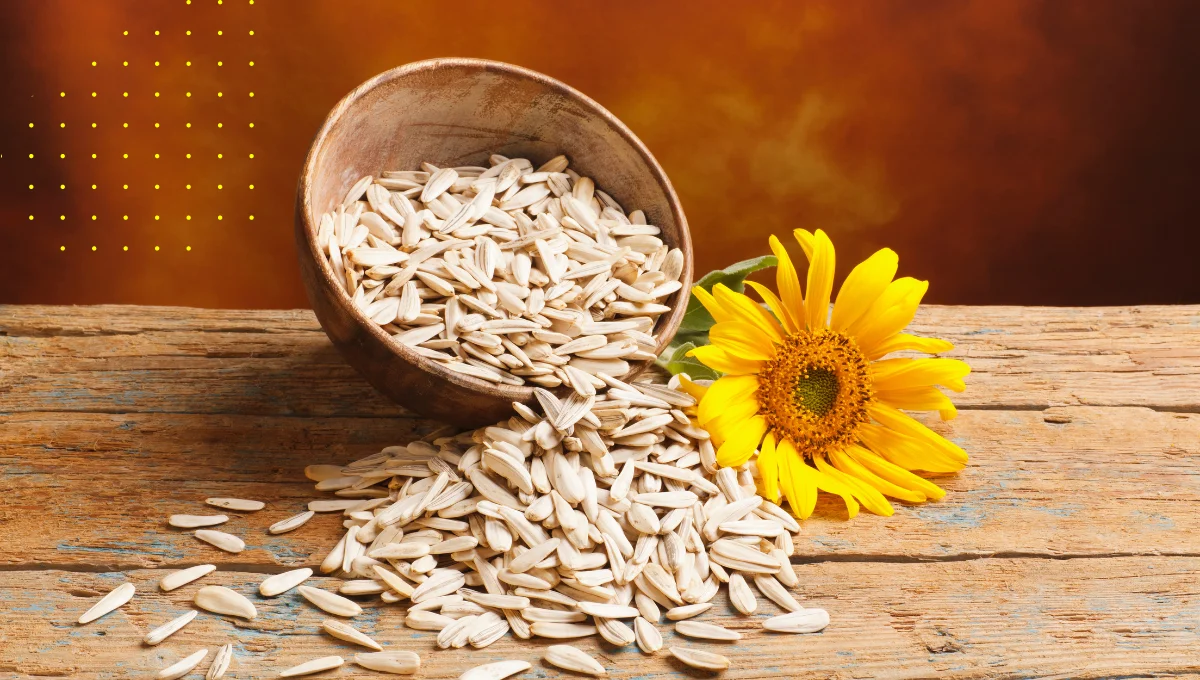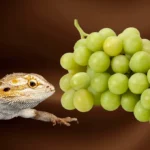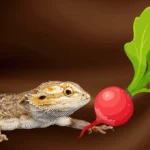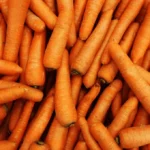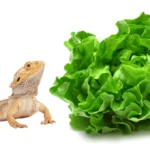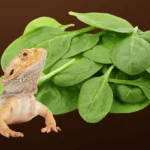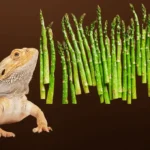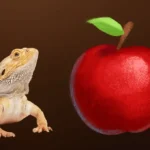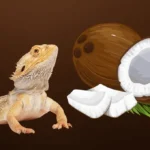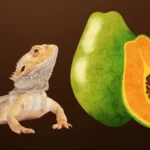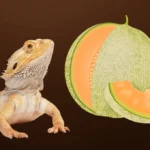Bearded dragons are omnivorous reptiles that require a varied diet to maintain optimal health. Their diet typically includes insects, vegetables, fruits, and greens. Sunflower seeds, known for their nutritional value and popularity as a snack for humans, may seem like a tempting treat for bearded dragons.
However, it is crucial to determine whether sunflower seeds are suitable and safe for these reptiles. This article explores the benefits, risks, and guidelines for feeding sunflower seeds to bearded dragons.
Nutritional Profile of Sunflower Seeds
Sunflower seeds are nutrient-dense and offer several benefits to humans, but their suitability for bearded dragons needs careful consideration. Here’s an overview of their nutritional profile:
Vitamins in Sunflower Seeds
Sunflower seeds contain several important vitamins:
- Vitamin E: Acts as an antioxidant and supports immune function. While beneficial, bearded dragons typically get enough vitamin E from other sources.
- B Vitamins: Include vitamins B1 (thiamine), B3 (niacin), and B6 (pyridoxine), which are important for metabolism and overall health.
Minerals in Sunflower Seeds
Sunflower seeds are rich in various minerals:
- Calcium: Essential for bone health and muscle function. However, sunflower seeds are not a significant source of calcium compared to other vegetables and greens.
- Magnesium: Supports bone health and muscle function.
- Phosphorus: Important for bone health but needs to be balanced with calcium in the diet. Sunflower seeds are relatively high in phosphorus.
Fat Content
Sunflower seeds have a high fat content, including both saturated and unsaturated fats. While fats are essential for energy, excessive fat intake can lead to obesity and other health issues in bearded dragons.
Fiber Content
Sunflower seeds provide fiber, which supports digestive health and helps prevent constipation. However, the fiber content in sunflower seeds may not be as beneficial as that found in other vegetables and greens.
Benefits of Feeding Sunflower Seeds to Bearded Dragons
Feeding sunflower seeds to bearded dragons can offer some benefits when done in moderation:
1. Nutritional Variety
Sunflower seeds can add variety to a bearded dragon’s diet. Offering a range of different foods helps prevent nutritional deficiencies and keeps the diet interesting.
2. Digestive Health
The fiber content in sunflower seeds can support digestive health and promote regular bowel movements.
Risks and Considerations When Feeding Sunflower Seeds
While sunflower seeds can be a nutritious addition, there are several risks and considerations to be aware of:
1. High Fat Content
The high fat content in sunflower seeds can contribute to obesity and other health issues if fed in large amounts. Bearded dragons require a balanced diet with controlled fat intake to avoid weight-related problems.
2. Imbalanced Calcium-to-Phosphorus Ratio
Sunflower seeds have a high phosphorus content relative to calcium. An imbalanced calcium-to-phosphorus ratio can lead to metabolic bone disease and other health issues. It’s important to balance sunflower seeds with other calcium-rich foods.
3. Risk of Overconsumption
Feeding sunflower seeds in large quantities can lead to an unbalanced diet. They should be offered as an occasional treat rather than a regular part of the diet.
4. Potential for Choking
Sunflower seeds are small and may pose a choking hazard, especially if not properly prepared. Ensure that seeds are broken into smaller pieces to avoid choking risks.
How to Safely Feed Sunflower Seeds to Bearded Dragons
To safely include sunflower seeds in your bearded dragon’s diet, follow these guidelines:
1. Offer in Moderation
Feed sunflower seeds as an occasional treat rather than a regular part of their diet. A small amount, such as a few seeds, is sufficient for a bearded dragon.
2. Prepare Properly
Ensure that sunflower seeds are fresh and free from salt or other additives. Break them into smaller pieces to reduce choking hazards.
3. Balance with Other Foods
Ensure that sunflower seeds are part of a balanced diet that includes a variety of other foods, such as insects, vegetables, and greens. This helps provide all necessary nutrients.
4. Monitor for Adverse Reactions
Observe your bearded dragon after introducing sunflower seeds into their diet. Watch for any signs of digestive discomfort, changes in behavior, or adverse reactions. If any issues are noticed, discontinue feeding sunflower seeds.
Alternative Treats for Bearded Dragons
If you’re looking for other treats to include in your bearded dragon’s diet, consider these options:
| Treat | Nutritional Benefits | Feeding Frequency |
|---|---|---|
| Mealworms | High in protein and fat | 2-3 times a week |
| Crickets | Provides protein and essential nutrients | 2-3 times a week |
| Blueberries | Rich in antioxidants and vitamins C and K | 1-2 times a week |
| Dandelion Greens | High in calcium and vitamins A and C | Daily |
| Squash | Provides vitamins A and C, low in fat | 2-3 times a week |
These treats offer various nutritional benefits and can be included as part of a well-rounded diet.
Conclusion
Sunflower seeds can be a supplementary treat for bearded dragons when fed in moderation. They offer fiber, vitamins, and some nutritional variety but should not replace more nutritionally balanced foods. By choosing fresh seeds and following proper feeding guidelines, you can contribute to a diverse and healthy diet for your bearded dragon.
